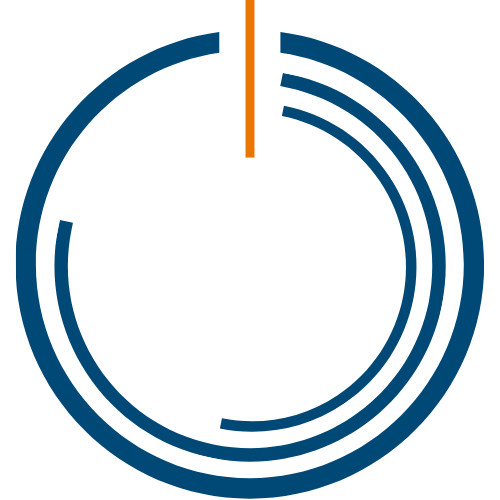If you're someone who drinks too much caffeine on a daily basis, you're not alone. Many people rely on caffeine to get through their day, whether it's through coffee, tea, energy drinks, or soda. While caffeine can provide a quick burst of energy, consuming too much of it can have negative effects on your health and well-being.
Your Baseline Energy Level
One of the main reasons to consider tapering down your caffeine intake is that your current intake may have become your baseline energy level. In other words, 300mg of caffeine is what you need just to function or to feel normal. The problem is that this is not sustainable in the long term. When you consume too much caffeine, your body can become dependent on it to function, which can lead to a cycle of needing more and more caffeine to feel the same effects. As you consume more caffeine, you lose the benefits of caffeine, which are all cited in the low-to-moderate range.
The Benefits of Tapering Down
Lowering your baseline allows you to achieve higher energy levels with lower caffeine dependence. This can lead to better sleep quality, improved mood, and a reduction in anxiety and jitters. Additionally, reducing your caffeine intake can help you save money on expensive coffee drinks and reduce the risk of negative health effects such as heart palpitations, high blood pressure, and digestive issues.
What The Research Says
How do you get to a new baseline without withdrawals? Taper down! One study found that tapering off of caffeine over a four-week period resulted in less headaches and withdrawal symptoms. The study applied a 25% taper each week. As an example, if you consume 400mg of caffeine daily and you'd like to get to 0, here is your recommended taper:
Week 1 - 300 mg
Week 2 - 200 mg
Week 3 - 100 mg
Week 4 - 50 mg
Week 5 - 0 mg
The study showed that tapering off is more effective than abruptly quitting caffeine.
Start Now
Use our calculator to find your ideal caffeine intake.
To start reducing your caffeine intake, consider gradually cutting back on your caffeine consumption by one cup or serving per day. You can also switch to decaf coffee or tea or replace caffeinated drinks with water, herbal tea, or fruit-infused water. If quitting caffeine, experiment with different caffeine-free options until you find what works for you. You may also find that drinking less caffeinated beverages causes you to drink more water, leading to better hydration and its associated benefits.
Conclusion
In conclusion, tapering down your caffeine intake can have numerous benefits for your health and well-being. By reducing your dependence on caffeine, you can improve your sleep quality, mood, and overall health while saving money and reducing the risk of negative health effects. Start slowly and be patient with yourself as you make the transition to a lower caffeine intake. Your body will thank you for it in the long run.

